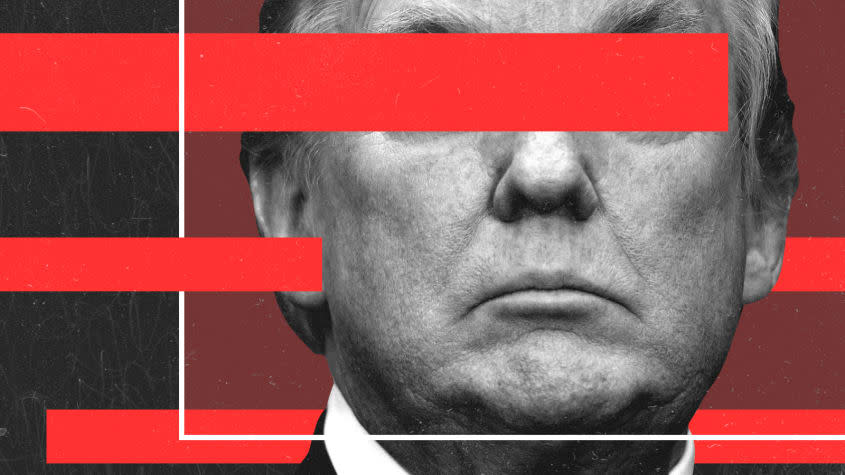A former Trump official explains why Russia found America ripe for meddling

The age of tell-all books about former President Donald Trump's administration is in full-swing. The latest is a memoir from Stephanie Grisham, briefly his White House press secretary. It's full of gossipy tidbits, like the time she witnessed him telling Russian President Vladimir Putin he'd act tough on Russia "for the cameras" at a 2019 summit.
That anecdote and more will dominate the headlines for a day or two. But if you want to better understand Trump's relationship with Russia — and why it still matters — a better source is a new article from Fiona Hill in Foreign Affairs.
Hill served on Trump's National Security Council and is probably best known for the testimony she gave against her former boss during his first impeachment trial in 2019. Like Grisham, she offers some juicy, up-close observations: At the infamous 2018 Helsinki press conference, for example, as she watched Trump contradict his own intelligence agencies to publicly affirm Putin's denial of Russia interference in America's 2016 presidential election, "I contemplated throwing a fit or faking a seizure and hurling myself backward into the row of journalists behind me," Hill writes.
More disturbing, though, is Hill's appraisal of why Russia found America ripe for meddling:
Putin realized that despite the lofty rhetoric that flowed from Washington about democratic values and liberal norms, beneath the surface, the United States was beginning to resemble his own country: a place where self-dealing elites had hollowed out vital institutions and where alienated, frustrated people were increasingly open to populist and authoritarian appeals. The fire was already burning; all Putin had to do was pour on some gasoline. [...] The polarization of American society has become a national security threat, acting as a barrier to the collective action necessary for combating catastrophes and thwarting external dangers. (Fiona Hill at Foreign Affairs)
Given our faltering, polarized response to the COVID pandemic, who can doubt she's correct?
It's still tempting to treat Trump's presidency as an aberration — this is part of why the tell-alls sell — or Trump himself as too incompetent to bring down American democracy. Hill's essay identifies deeper flaws in our polity that made Trump possible and offers possible solutions. "Democracy is not self-repairing," she warns. "It requires constant attention." Anything to do with Trump still attracts plenty of attention, so the real question is whether we'll act before it's too late.
You may also like
7 painfully funny cartoons about America's endless vaccine fights

 Yahoo Movies
Yahoo Movies 
